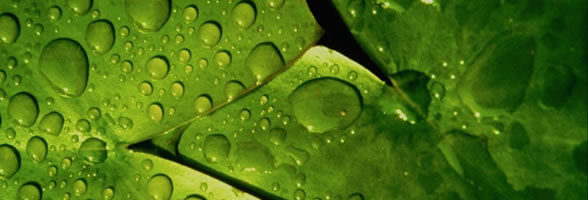
Cells
In biology you learn about the different types of cells and how they work, how do bones repair themselves after they break, etc. If you were learning about cells you would want to know what it is made up of smaller structures called organelles.
What is an organelle? Organelles work together to carry out specific functions that support the life of a cell, such functions include:
- bringing in nutrients
- removing waste
- generating energy
- reproducing
The life cycle of a cell is 3 phases: Interphase, Mitosis, and Cytokinesis. In mitosis there are 4 stages it needs to go through: prophase, metaphase, anaphase, and telephase. In each phase the cell changes, first the chromosomes become visible, then they line up at the equatorial plate in the middle of the cell. Then the centromeres divide as the spindle fibers pull the sister chromosomes apart and lastly the nucleus and nucleolus reform.
Cells are very important in biology as there are many different things to learn about them. If you didn't already know there are thousands of cells working in your body right at this moment. Cells divide to repair or replace damaged cells, if a cell grows too big then all the nutrients can't get through.
Without cells in our body, we would be nothing. Cells are what make us, us. Without red blood cells we wouldn't have any oxygen, without white blood cells, our bodies wouldn't be able to fight deseases and we would get too sick to survive. Either way without cells, none of us would exist. Cells are everywhere, in the grass, in trees, in animals, in us, that's why there are plant and animals cells. Both containing different organelles, but still being everywhere.
Chromosomes - organized structures of DNA and proteins that are found in cells
Centromeres - part of the chromosome that links the sister chromatids
